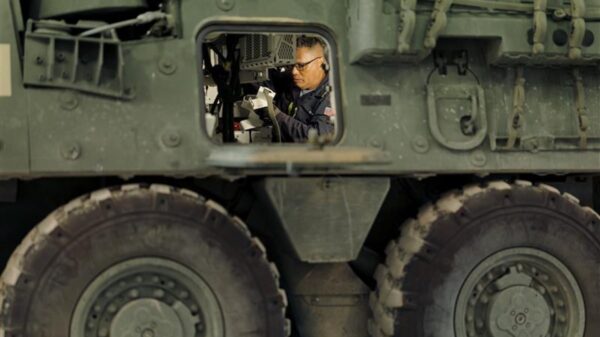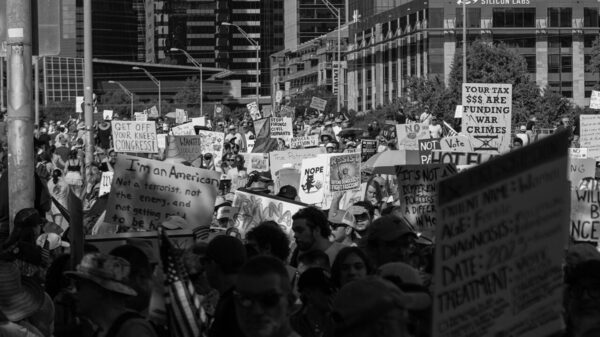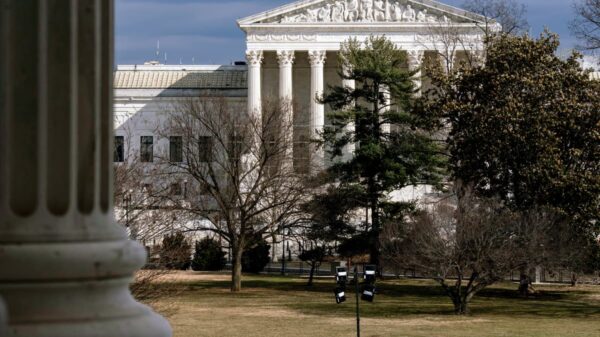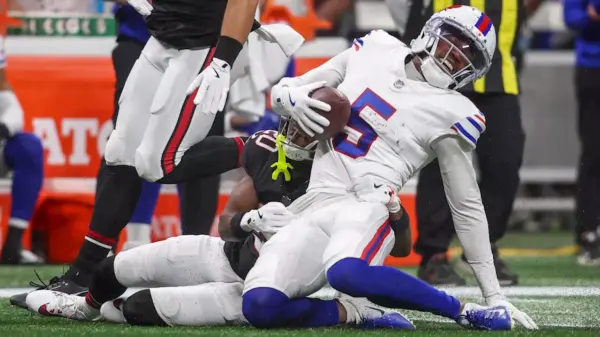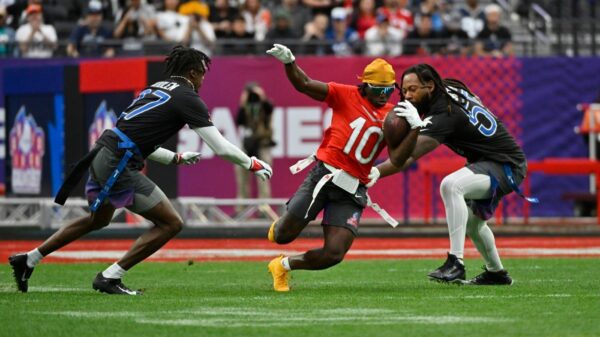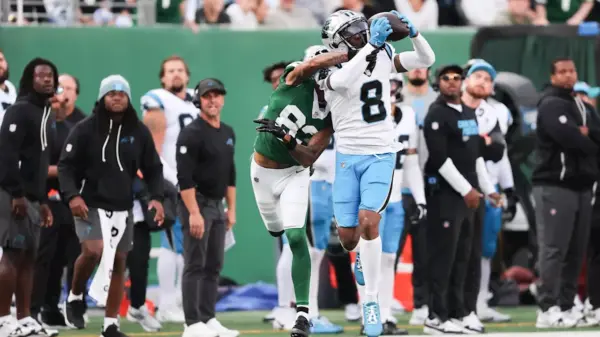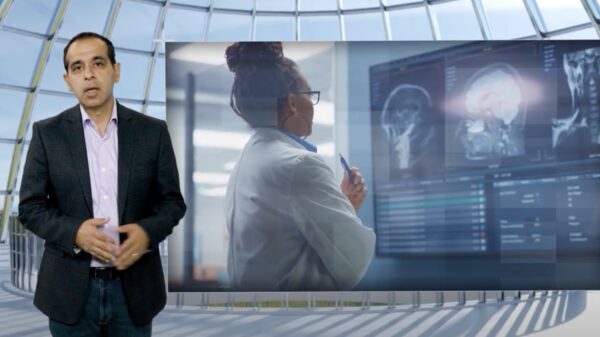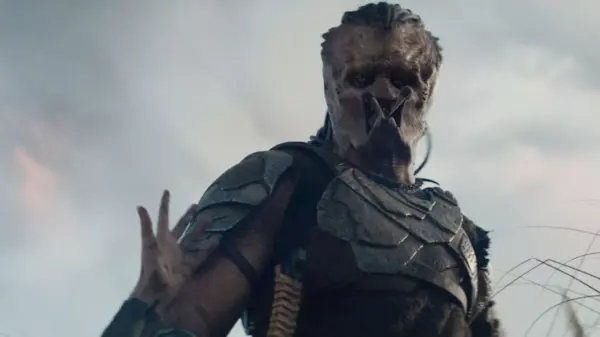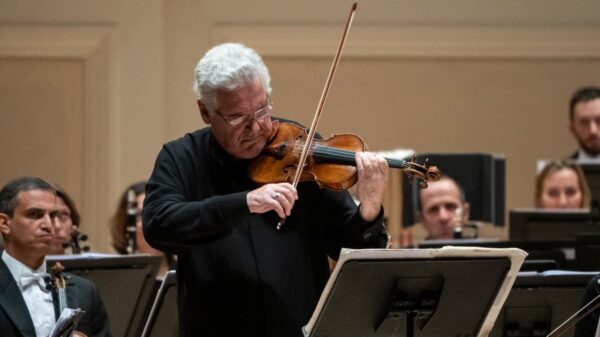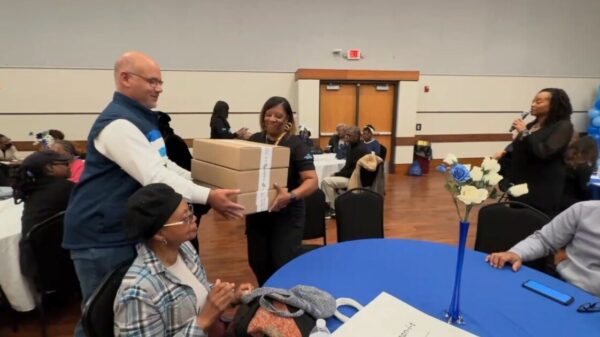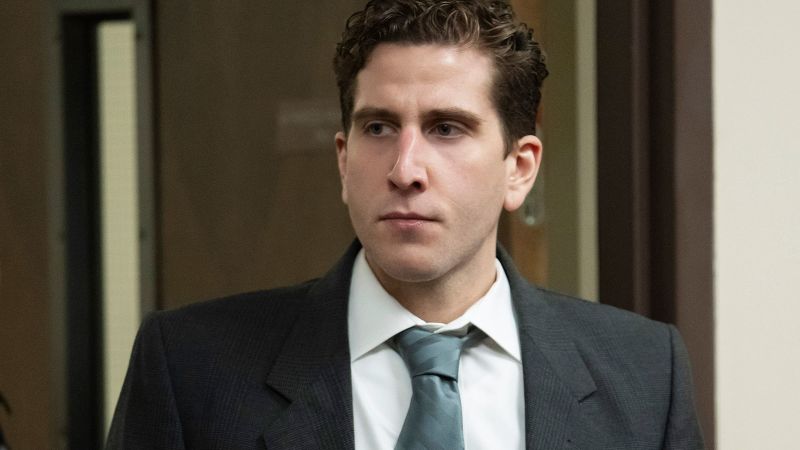In a significant turn of events, Bryan Kohberger, the 30-year-old accused of brutally stabbing four University of Idaho students in their apartment in 2022, has agreed to a plea deal, thereby avoiding a potentially lengthy and public trial. The decision was reported by CNN’s legal analyst Laura Coates, who noted the strategic move by Kohberger and his legal team.
The plea deal marks a pivotal moment in a case that has gripped the nation, drawing intense media scrutiny and public interest. Kohberger’s decision to accept a plea deal rather than face a jury trial suggests a calculated move to mitigate potential sentencing severity, as well as to bring a swifter resolution to a case that has weighed heavily on the victims’ families and the local community.
The Case Against Kohberger
Kohberger was arrested in late 2022 following a meticulous investigation by local and federal authorities. The case centered around the shocking murders of four students, whose lives were tragically cut short in what was described as a “senseless act of violence.” The prosecution had prepared a robust case, citing forensic evidence and witness testimonies that they claimed would incontrovertibly link Kohberger to the crime.
Laura Coates, reflecting on the plea deal, stated,
“The defendant had no more road. The evidence against him was overwhelming, and a trial could have resulted in the maximum penalty.”
Her analysis underscores the weight of the evidence that may have influenced Kohberger’s decision to negotiate a plea.
Legal Perspectives and Implications
Legal experts suggest that Kohberger’s plea deal could involve a reduced sentence in exchange for a guilty plea, although specific details of the agreement have yet to be disclosed. This outcome is not uncommon in high-profile cases where the evidence is heavily stacked against the defendant.
According to John Smith, a criminal defense attorney familiar with similar cases,
“Plea deals are often a pragmatic choice for defendants facing overwhelming evidence. It allows for some control over the outcome, rather than leaving it entirely in the hands of a jury.”
Smith’s insight highlights the strategic considerations that defendants and their attorneys must weigh when deciding whether to proceed to trial or accept a plea.
Community and Family Reactions
The plea deal has elicited mixed reactions from the community and the victims’ families. While some may feel a sense of relief that the legal proceedings will not drag on, others may feel that justice is not fully served without a public trial.
One family member of a victim expressed their frustration, stating,
“We wanted our day in court to hear the full story and to see justice served openly.”
Such sentiments reflect the complex emotions involved in high-profile criminal cases, where the need for closure must be balanced with legal realities.
Looking Forward: The Impact of the Plea Deal
The plea deal signifies a closure of sorts to a case that has captivated and horrified the public. However, it also raises questions about the criminal justice process, particularly in cases involving overwhelming evidence and public interest.
As the legal proceedings draw to a close, attention may now shift to the broader implications of the case, including discussions on campus safety, the effectiveness of law enforcement in handling such high-profile investigations, and the psychological impact on the community.
Ultimately, the resolution of this case through a plea deal highlights the complexities and challenges inherent in the criminal justice system, particularly in cases that resonate so deeply with the public consciousness.








